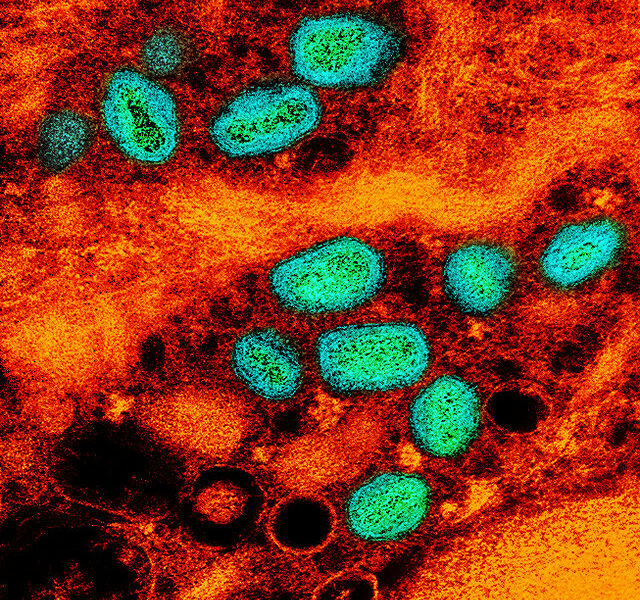On the evening of July 29, President Yoweri Kaguta Museveni issued a statement on the current Ebola outbreak, in which he called on Ugandans to stop physical contact- shaking hands, in particular. He also urged citizens to report “all cases which appear to be like Ebola.”
Ebola was confirmed as the ‘mystery illness’ by the Uganda Virus Research Institute on July 28. So far, the World Health Organization (WHO) reports 14 dead and 20 confirmed cases. The Associated Press reports that six additional cases are suspected and have been admitted to the hospital. If these cases are confirmed, the case count would reach 26.
The president assured that a national task force has been assembled and representatives from the WHO, the Centers for Disease Control and Prevention, and the Ugandan Ministry of Health are in Kibaale, supporting the outbreak response.
Uganda’s daily publication, New Vision, reports that several schools in the Buyaga County closed due to the outbreak. Meanwhile, the Kenyan and Rwandan governments have also issued alerts to their citizens, advising them to seek medical attention if necessary and to inform the nearest health facility if they witness any symptoms of Ebola.
There are five species of Ebola virus: Zaire, Sudan, Cote d’Ivoire, Bundibugyo, and Reston. According to the WHO, the Zaire, Sudan and Bundibugyo species are all responsible for outbreaks in Africa with fatality rates ranging between 25 percent and 90 percent. As emphasized by Museveni, the virus is transmitted through direct contact with blood, secretions, or organs of infected people. For these reasons, the Ugandan government has asked that health officials be in charge of all burials of those who have died of Ebola.
The incubation period varies between two and 21 days. Symptoms include sudden fever, muscle weakness, vomiting, diarrhea, and internal and external bleeding. In this outbreak, internal and external bleeding seems to be starting much later than other symptoms.
Scientists in Canada recently announced successful treatment of Ebola viral infection in monkeys. While this is a significant step in the right direction, there is still no vaccine or specific treatment for Ebola in humans. Further, prevention is difficult because the natural reservoir of the virus remains unknown.
This is not the first outbreak of Ebola in Uganda. The Disease Daily reported on Ebola treatment progress and a brief history of the virus in June 2012.
HealthMap and The Disease Daily will continue to post updates on this post and via twitter.

